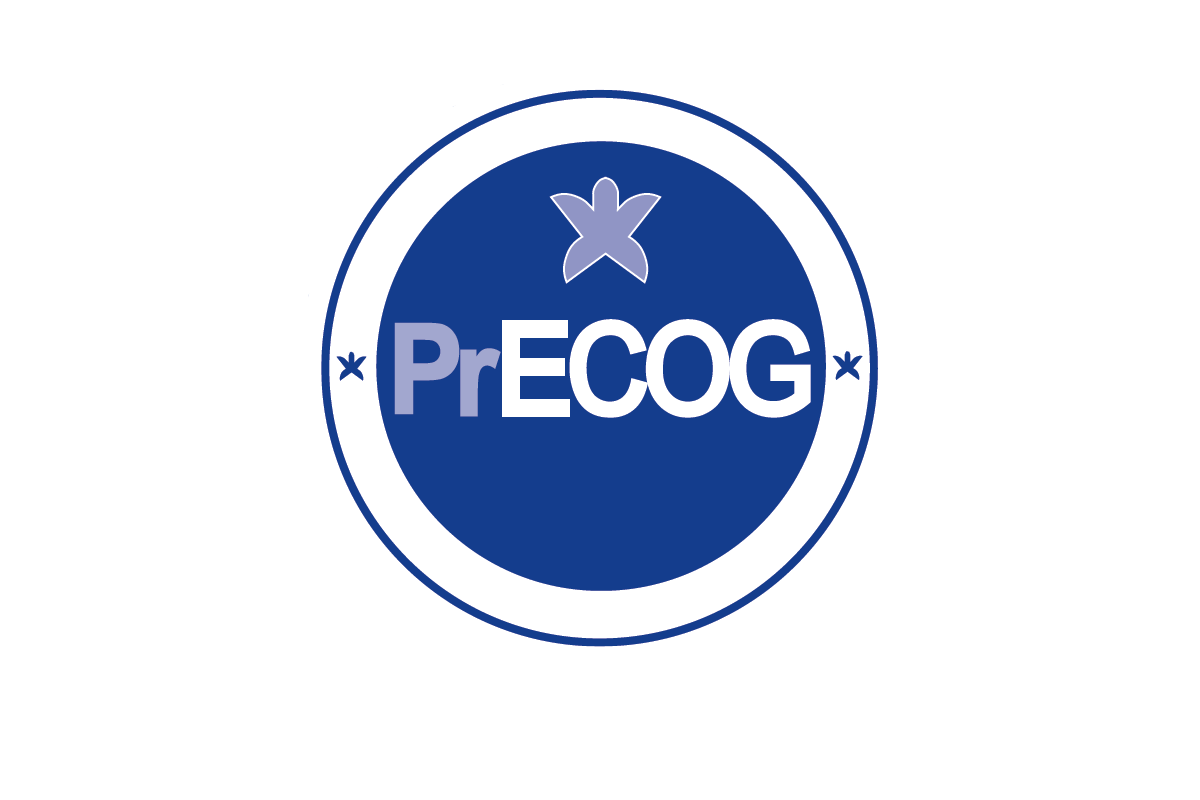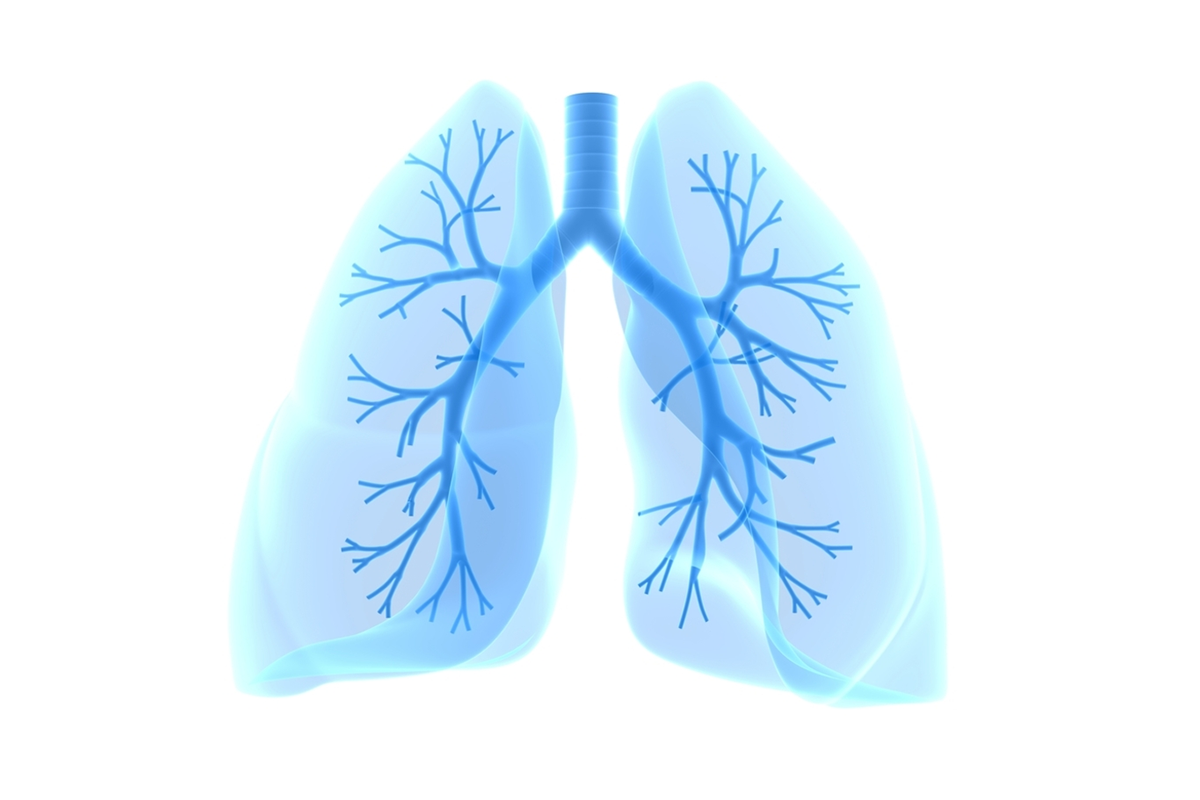
Trial Results: PALbociclib CoLlaborative Adjuvant Study (PALLAS)
September 14, 2020
From the Co-Chairs, August/September 2020
September 14, 2020Now Enrolling: EAQ172 for Treatment of Lung Inflammation in Patients with Any Type of Cancer

Optimizing Immunosuppression for Steroid-Refractory Anti-PD-1/PD-L1 Pneumonitis
Pneumonitis is a potentially fatal immune-related adverse effect (irAE) resulting from therapy with anti-PD-1/PD-L1 immune checkpoint inhibitors. Affecting the lungs, pneumonitis may occur at any time during the course of treatment. It is prevalent in about 2% - 5% of patients receiving PD-1/PD-L1 monotherapy and up to 10% of patients receiving combination therapy (e.g., PD-1/CTLA-4).
Typically, pneumonitis is relieved by stopping anti-PD-1/PD-L1 therapy and administering corticosteroids. Patients often improve with this approach – but a significant group (approximately 20%) becomes steroid-refractory. Patients in this group almost universally die. While the incidence may seem low, the absolute number of patients with solid tumors treated with anti-PD-1/PD-L1 agents, alone or in combination, is high.
Published guidelines suggest that patients with steroid-refractory pneumonitis should be treated with either infliximab, mycophenolate mofetil, intravenous immunoglobulin (IVIG), or cyclophosphamide after the failure of corticosteroids. However, no published data demonstrate a benefit with these agents. Likewise, there are no published data that establish which agent may lead to the greatest benefit.
The EAQ172 trial aims to identify an efficacious immunosuppressive agent for steroid-refractory anti-PD-1/PD-L1 pneumonitis. It is a randomized study of infliximab versus IVIG, two promising therapies for this condition. Patients will be assigned to one of two possible immunosuppressive treatments: infliximab 5mg/kg IV on day one followed by a four- to six-week corticosteroid taper or IVIG 2g/kg divided as per institutional guidelines as an IV infusion, followed by a four- to six-week corticosteroid taper. All patients, including those who discontinue protocol therapy early, will be followed until day 28 for pneumonitis response, and up to day 56 for other assessments.
 This study is led by Jarushka Naidoo, MB, BCH (Johns Hopkins University), pictured.
This study is led by Jarushka Naidoo, MB, BCH (Johns Hopkins University), pictured.
Learn more about EAQ172 at ecog-acrin.org.
![ECOG-ACRIN logo[19516]275×75](https://blog-ecog-acrin.org/wp-content/uploads/2021/03/ECOG-ACRIN-logo19516275x75.png)
